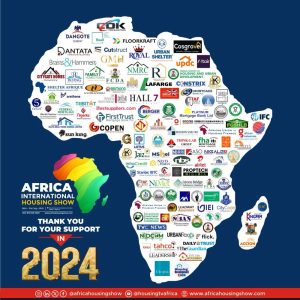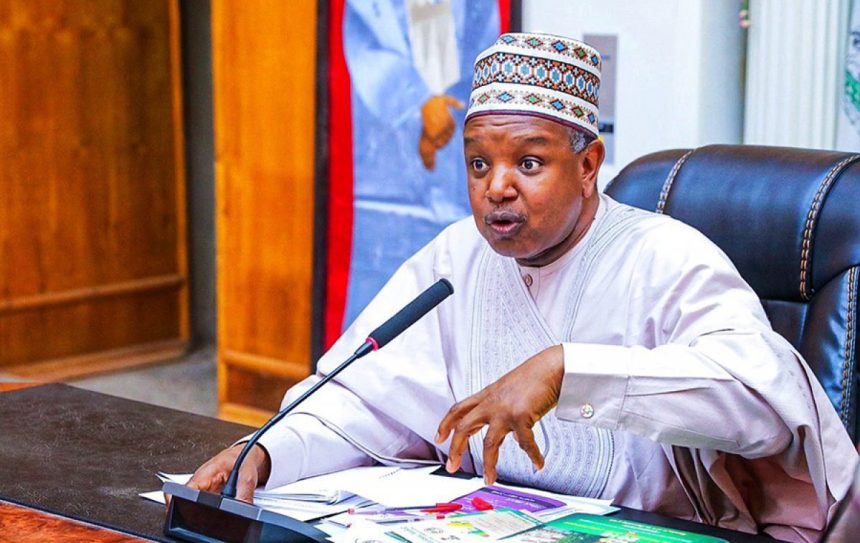The federal government has allocated N2.3 trillion in the 2025 budget proposals to the now-defunct Ministries of Niger Delta and Sports Development, raising concerns about diligence in the budget preparation process.
While the allocations could potentially be for their replacements—the Ministry of Regional Development and the National Sports Commission (NSC)—the budgetary oversight has sparked debate among experts.
The Niger Delta and Sports Ministries were scrapped in October following a Federal Executive Council (FEC) meeting chaired by President Bola Ahmed Tinubu. The NSC took over the responsibilities of the Ministry of Sports Development, while the Ministry of Regional Development is expected to oversee regional development commissions like the NDDC and the newly established NWDC, SWDC, and SEDC.
Despite these changes, the 2025 budget still allocates N95 billion to the defunct Ministry of Sports Development, including N79.7 billion for capital expenditure, while the scrapped Niger Delta Ministry has a staggering N2.23 trillion allocation. Curiously, the regional commissions received separate allocations totaling N2.49 trillion.

Meanwhile, the Presidential Villa’s wildlife conservation efforts have been allocated N180 million, with N124.6 million for wildlife conservation and over N54 million for upgrading facilities.
Reacting to the budget, former Vice President Atiku Abubakar criticized it for lacking fiscal discipline and structural reforms. He noted the heavy reliance on borrowing—over N13 trillion, including N9 trillion in direct loans—highlighting unsustainable debt servicing that dwarfs critical sectoral spending on infrastructure, health, and education.
Civil Society Legislative Advocacy Centre (CISLAC) Executive Director, Auwal Musa Rafsanjani, described the allocations to scrapped ministries as “embarrassing” and indicative of poor budgetary practices. He called on the National Assembly to thoroughly scrutinize the budget to address wasteful and duplicative spending.
Experts and stakeholders have urged the government to adopt realistic budgeting practices that prioritize development, reduce poverty, and address Nigeria’s infrastructure and social challenges.



